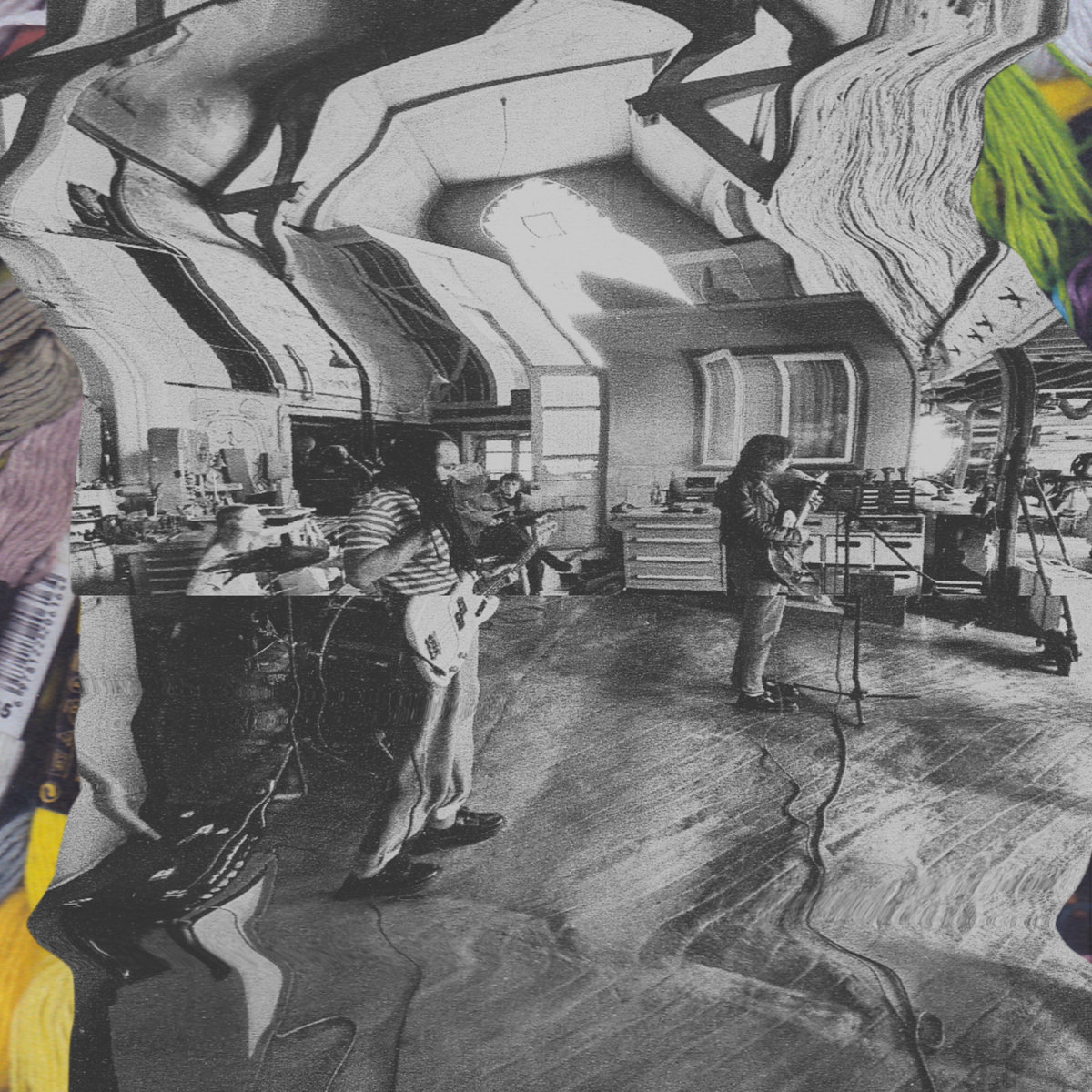Oso Oso – life till bones | Album Review
/Yunahon Entertainment LLC
Oso Oso maestro Jade Liliti has spent the better part of a decade establishing himself as the purveyor of emo’s sunniest, most indelible hooks. The Hotelier’s Christian Holden–a longtime friend and tourmate–once compared him to Winnie the Pooh, so it’s a little jarring when his fifth record under the Oso Oso moniker begins with the bleak admission, “I love you but life is a gun.” That first song, “many ways,” is the kind of intro that Lilitri has never quite attempted before; it’s plaintive and embryonic, crackling with auxiliary piano and swells of feedback, segueing neatly into the jaunty “the country club.” A quick spoiler: the gun never goes off, but by the time lead single “all of my love” rolls around, it’s in possession of a woman named Annie, and she’s pointing it directly at him. I wouldn’t blame you if you were too busy grinning ear to ear at the Rembrandts-style handclaps to notice that the lyrics are actually about falling OUT of love; the ebullient chorus soothed Lilitri’s dog, too.
life till bones was never going to be a particularly cheery affair. Looming over the album’s ten tracks is the death of Tavish Maloney, Lilitri’s blood cousin, musical collaborator, and closest friend. He passed shortly after working with Lilitri on the tracking of sore thumb, which was subsequently released largely untouched, a monument to their lifelong friendship, frozen in amber. The songs on that record were freewheeling and often silly, soaked through with LSD and lined with weird experimental flourishes; brilliant but scattershot. With a few more years in the rearview, life till bones hones in on the aftermath.
The cavernous absence is most starkly addressed on the bloodletting “seesaw,” where Lilitri ruminates on the reality of losing a loved one. It’s a difficult listen, almost like a confessional we should not be privy to. The final refrain, wherein Lilitri cleverly splices the title in two, lays bare the aimlessness of moving forward: “The seesaw I saw balance in me / Now that balance is gone, I don’t know what I see.” A couple songs earlier, the more upbeat “stoke” takes a slightly more resolute path, striving to “try to find a way / to keep all that at bay.” Lilitri may be coughing up smoke but the flame is “stoked” and, given his predilection for stoner-patois, I’m inclined to read it as a double entendre; the fire isn’t merely alive, it’s excited. Our memories of the deceased can be painful but also inspiring, even invigorating; reminders of how to live as they lived and keep their best qualities alive with us.
So, where do we go from here? What do we do when forced to carry on after losing everything we hold dear? Lilitri would seem to argue that we pour love out into the universe, unyieldingly. To return to that radiant “all of my love” chorus, the relationship in that song dissolves because he “can’t give you all of [his] love,” the implication being that anything less than that would be a waste. In the Oso Oso vernacular, love has always been the ultimate force, the “one sick plan” to save Lilitri from his own demise. But life till bones is the most clearly he’s articulated the corollary: there is no half measure. Anything short of total, life-altering, starry-eyed devotion simply won’t do. On the shout-along “other people’s stories,” he mourns failed romance and refuses to settle until he can find something comparable: “I can’t fall in love if it’s not with you / Cause other people’s stories got me feeling bored.” When that true, transcendent love is attained, it’s almost a benevolent funhouse mirror that lets Lilitri see his best self in the eyes of another. Or, said another way on the buoyant “skippy,” “I like when I’m with you I make the good choice instead.”
While life till bones might not be the most sonically ambitious Oso Oso album, it is certainly the most focused, almost iterative in its Frankenstein-style synthesis of Lilitri’s work to date. He nicks the snare-driven stomping groove from “dig” and speeds it up for “stoke”; he tactfully deploys sore thumb’s piano flourishes; he’s back singing of Annies and disasters around the bend; he upcycles an old demo into a beachy reverie. Often, when a songwriter’s repeated tics are visible enough to be articulated, it means they are spinning their wheels, but this is moreso the work of a master craftsman, a generational tunesmith confident enough to mine his own back catalog for inspiration. It certainly doesn’t hurt that this laser-focus is in service of some of the sharpest pop he’s ever penned, 29 straight minutes of minivan window-primed radio rock. Two of the songs were released in advance as singles, but for my money, there are easily five more that would have fit the bill.
The album takes its title from a line in the closer: “Look at all the people, looking at their phones / With how much time left? Life till bones.” It’s a pretty head-on confrontation of mortality, hidden at the end of a B-Side largely devoted to fawning love songs, and it’s indicative of what Lilitri does best. His phrases breeze by perfectly clipped, and the fleeting melancholy registers like an in-joke, a passing thought to be acknowledged but not dwelled on. Then—much like life, one might say–the album is over almost too soon. One day, we will all be reduced to bones. But it’s a funny thing about skeletons; when all the living flesh decays, they always look a bit like they’re smiling.










